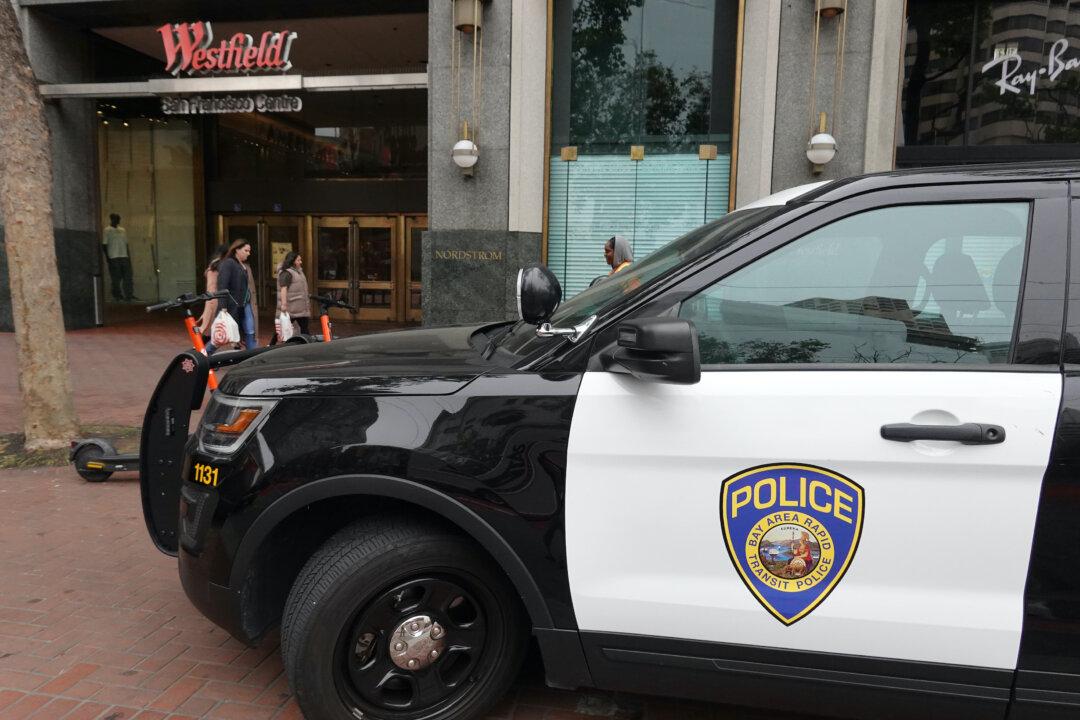Citing an “epidemic” of retail theft, a county supervisor in California’s Bay Area said he made a “big mistake” in backing the liberal crime bill Prop. 47 a decade ago, that drastically reduced penalties for stealing goods valued at less than $950.
San Mateo County Supervisor David Canepa recently took to X, formerly Twitter, to express deep disappointment with current strategies in California for dealing with an explosion of retail theft, which he called an “absolute outrage.”





